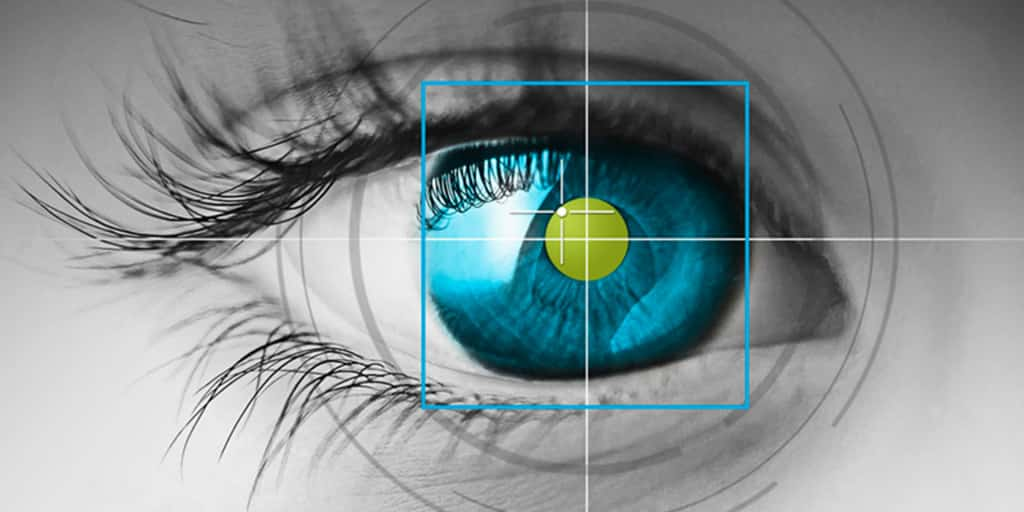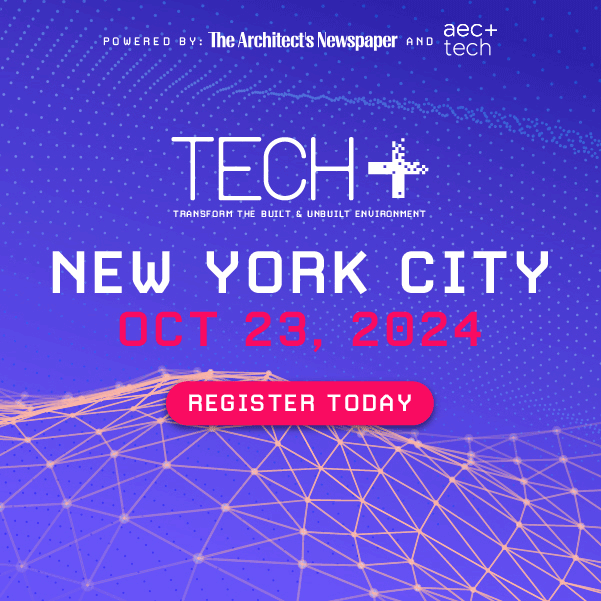
FutureVision is R/GA’s trend-spotting division. FutureVision helps keep you connected with the latest information, making it easy for you to stay informed.
This cute and simple interactive narrative is underpinned by complex technology. Described by Google as a “mobile movie theater,” Spotlight Stories combines 3D and 2D animation with 360-degree spherical video. The app also uses movement tracking called six degrees of freedom, an emerging technology that holds intriguing implications for marketing.
Alex Wills, Group Managing Director, Marketing Transformation, R/GA London, says a lot of people are already experimenting with the medium. But it will get even better.
“Alejandro González Iñárritu won a Special Achievement Academy Award for a six-minute VR film called ‘Carne y Arena,’ which immerses viewers in the horrors faced at the Mexico–US border,” Wills says. “[Studio] Felix & Paul has produced a 40-minute VR 360-degree film, although this lacks the interactive elements that true positional VR allows. And the excellent Oculus Story team that developed three fantastic VR narratives is now moving on to bigger and better things.”
In conjunction with its Spotlight story series, Google has furthered its experiments in the medium by partnering with brands, among them watchmaker IWC. The two companies created an interactive movie in which viewers ride a motorbike to the Mojave Desert, and their decisions influence the outcome.
Wills says that once brands are able to leverage truly responsive VR, there will be a lot more opportunity to play with this kind of immersive storytelling. He cites as proof the rise in popularity of “escape room” experiences and the success of larger brand activations. One example, which appeared at South by Southwest, featured the set from HBO’s Westworld. It was meticulously re-created in an undisclosed location and populated with actors who interacted with invited guests.
“Responsive VR offers the possibility of providing global scale to these types of experiences by creating digital counterparts, or entirely new activations, that can be deployed in multiple locations and markets,” says Wills. He predicts that the next wave of VR innovations and platform iterations is poised to truly catalyze responsive VR. New hardware from Facebook, Samsung, Google, and HTC will offer greater fields of view, resolution, and immersion interfaces.
In addition, eye-tracking represents what Wills calls the holy grail in terms of future success for the platform. He says the technology will allow for “more immersive, untethered, and realistic experiences to be created that will, in turn, allow marketers to create brand experiences far beyond what has been piloted so far.”
Eye-tracking also has important analytic implications for brands. Verizon Media Tech Venture Studio, in partnership with R/GA, has begun to invest in the area of mixed-reality (AR/VR) analytics. One such company in the space, Cognitive3D, was one of eight portfolio companies in the R/GA Venture Studio accelerator.
“Cognitive3D takes advantage of the capabilities of virtual reality to extract gaze and help our customers understand how their users are interacting with a content experience,” says Tony Bevilacqua, founder and CEO of Cognitive3D.
“Gaze is a great indicator of attention that content producers can utilize today to create more personal characters and interactions,” he continues. “Companies like Verizon leverage analytics technology such as Cognitive3D’s to improve content and identify brand engagements and potential for more immersive dynamic interactions.”
For Wills, being able to analyze what people are genuinely interested in within an immersive brand experience or simulation is powerful. “It is also hugely important in the VR enterprise space regarding training and being able to provide detailed real-time feedback,” he says. But he acknowledges the trepidation some are feeling about the emerging technology.
“Privacy is a current, major issue,” he says. “It is easy to understand the immediate reaction toward things like eye-tracking and the potential abuse of this new technology. Worst-case scenario: Westworld. But that is a little alarmist. Regulation and responsibility are what’s needed.”



